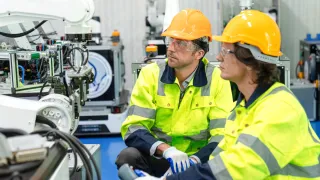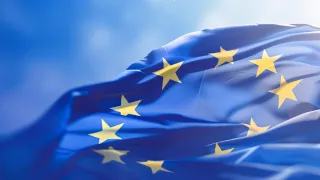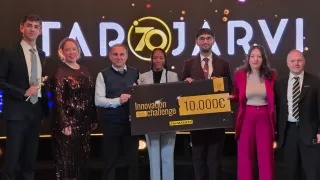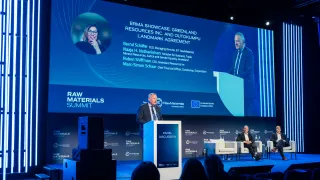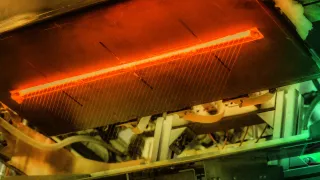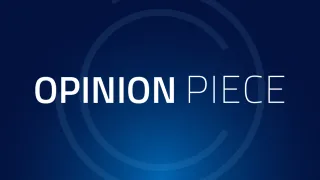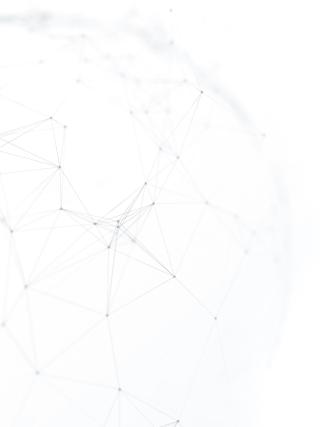
EIT RawMaterials
Supporting Skills & Workforce Development
Enabled by our extensive academic network, our education platform is designed to advance workforce skills, and is complemented by innovation and education projects announced via regular open calls.
RISERS: Building the Roadmap for Industrial Symbiosis Standardisation in Europe
In Industrial symbiosis, one industry’s by-products become another’s inputs, reducing waste, emissions, and costs. But to make this happen at scale, Europe needs standardisation - common definitions, processes, and frameworks that allow diverse industries to exchange resources seamlessly.
The RISERS project (A Roadmap for Industrial Symbiosis Enablement through Resource Sharing Standardisation) aims to develop a roadmap that supports IS across Europe by promoting cross-sectoral collaboration, removing bottlenecks and integrating R&I into practical solutions.
Providing Strategic Advice & Investment
With our trusted expertise in EU policy, industry and research, we offer innovative financial solutions across the raw materials value chain. From early stage start-ups to scale-ups and SMEs, our strategic advisory services are designed to open doors to funding and investment.
Live Calls
We support revolutionary start-ups and SMEs through live calls and projects that accelerate growth, advance technology and produce sustainable material solutions. Selected participants gain visibility through membership in our EIT RawMaterials partner community and affiliated networking events.


